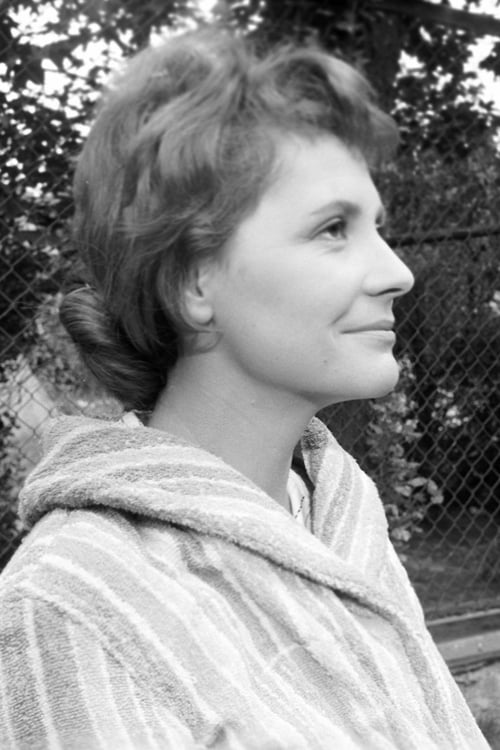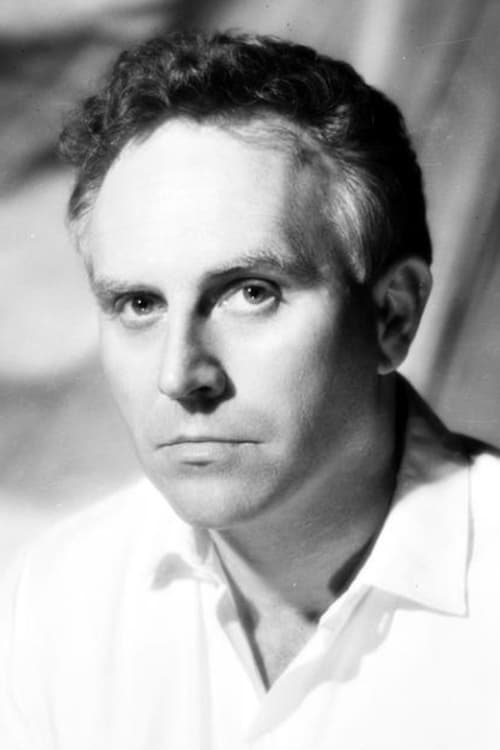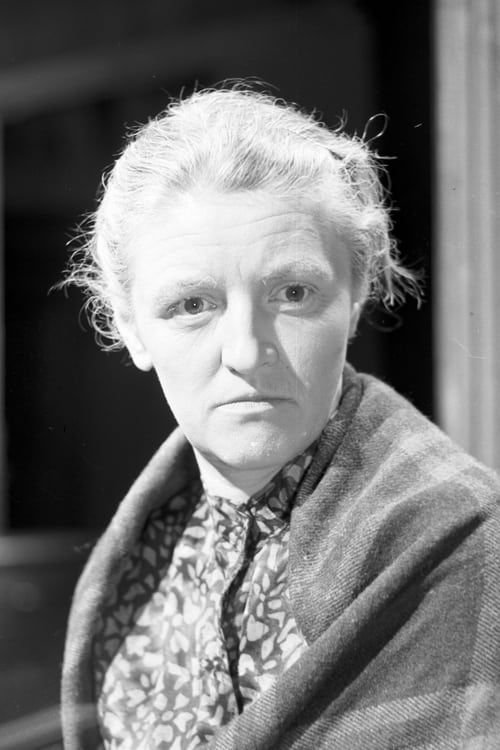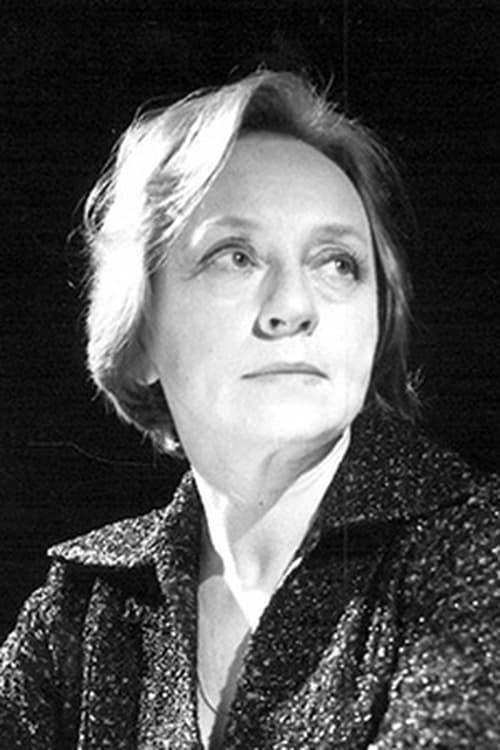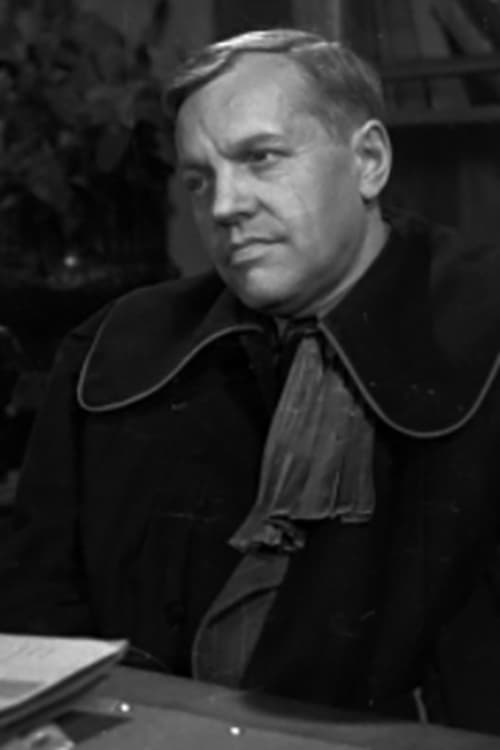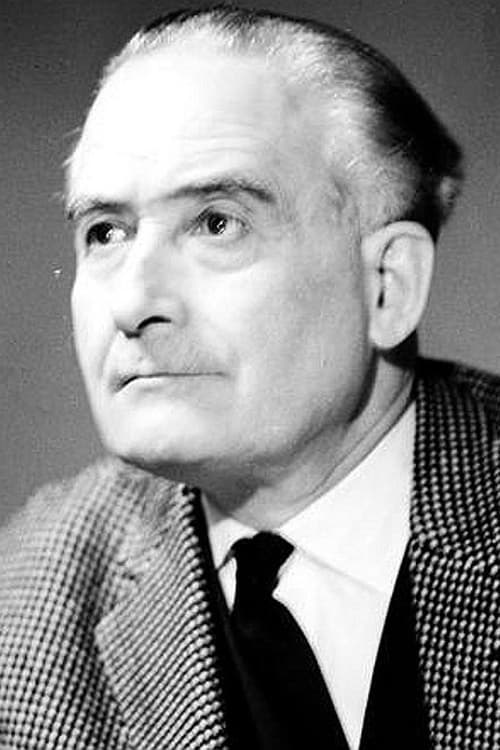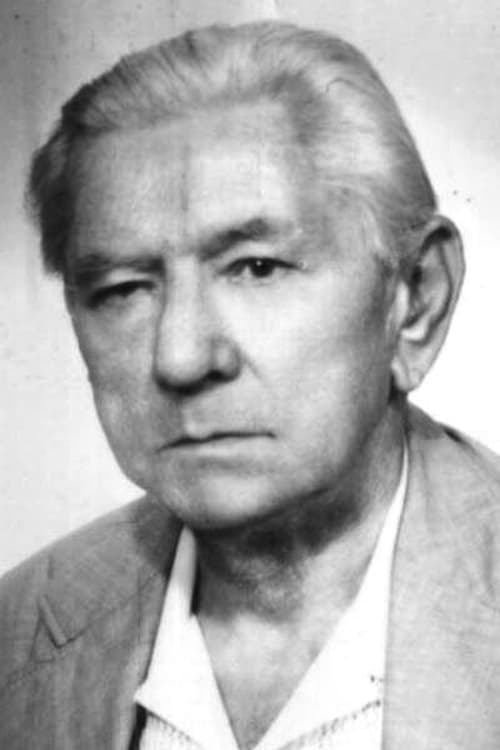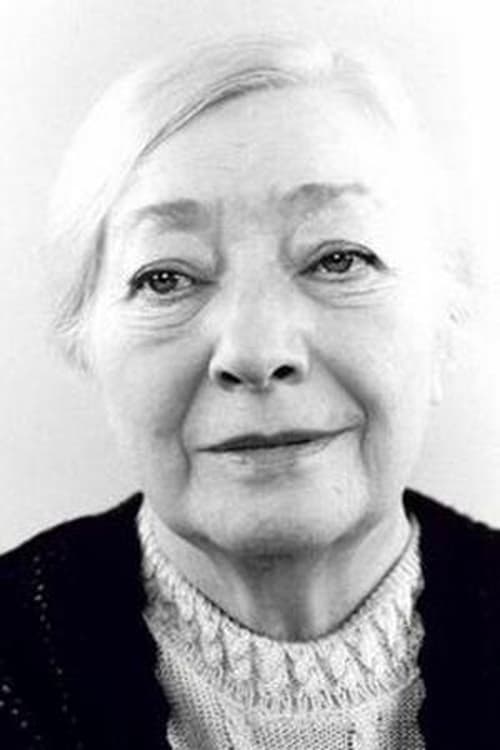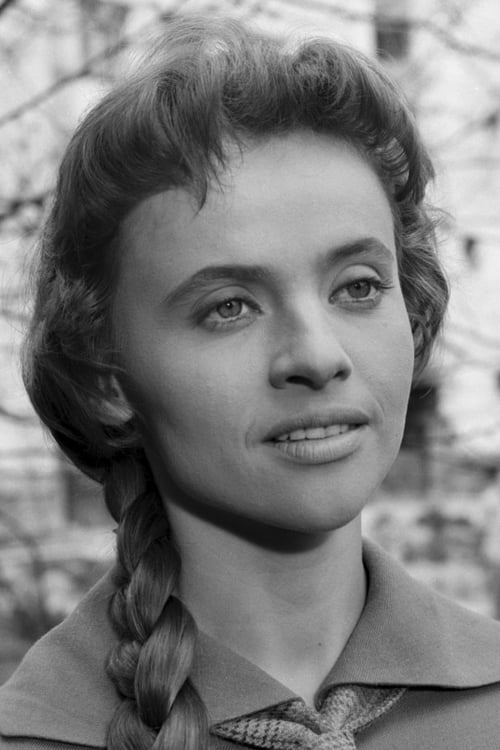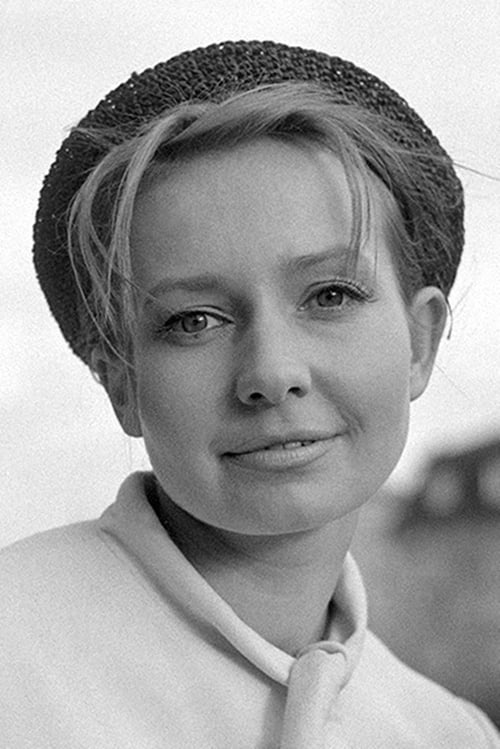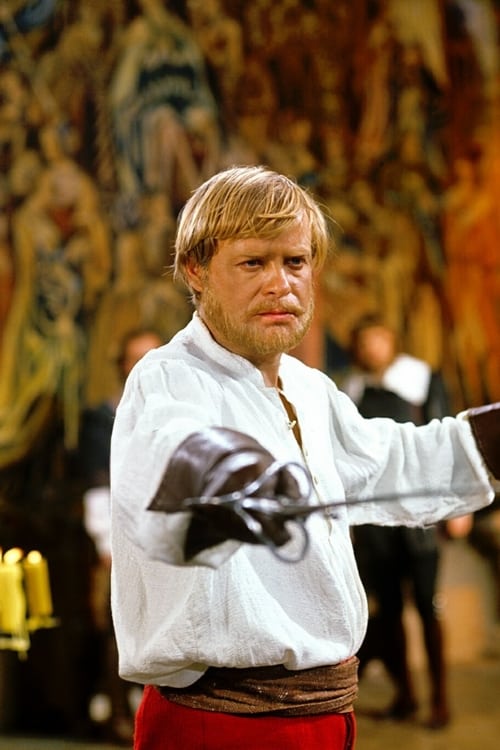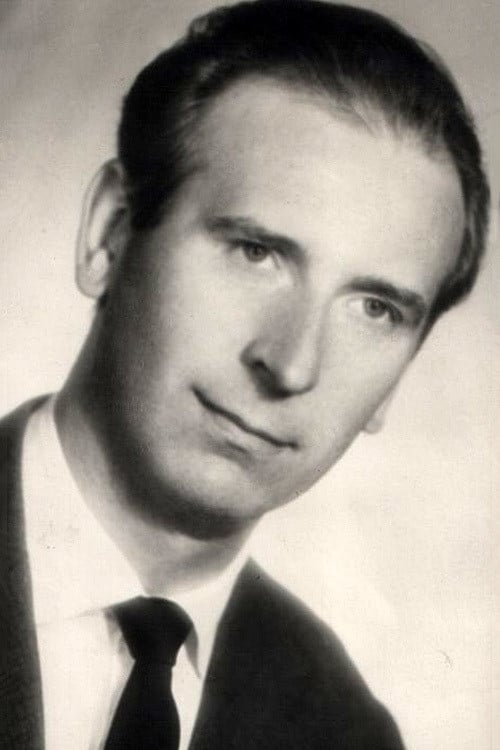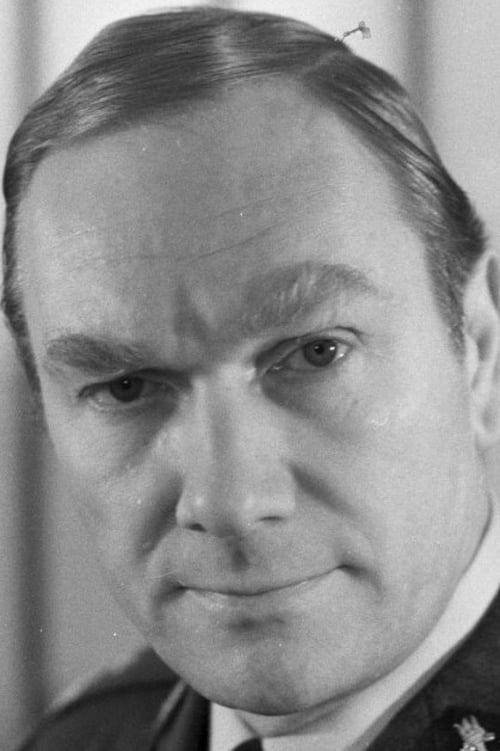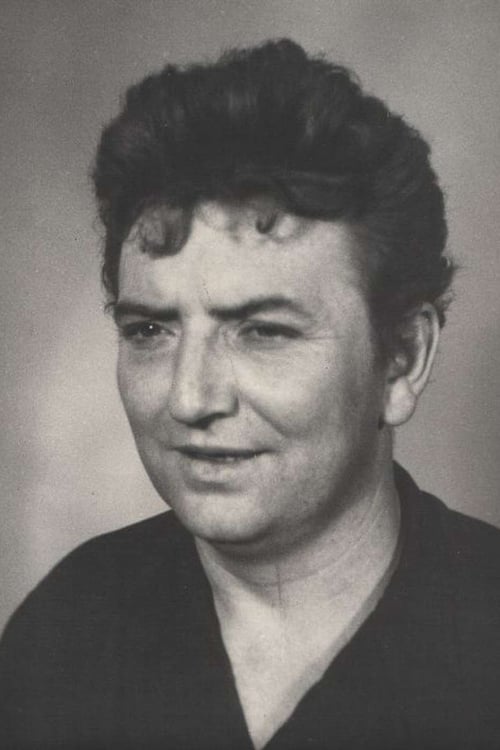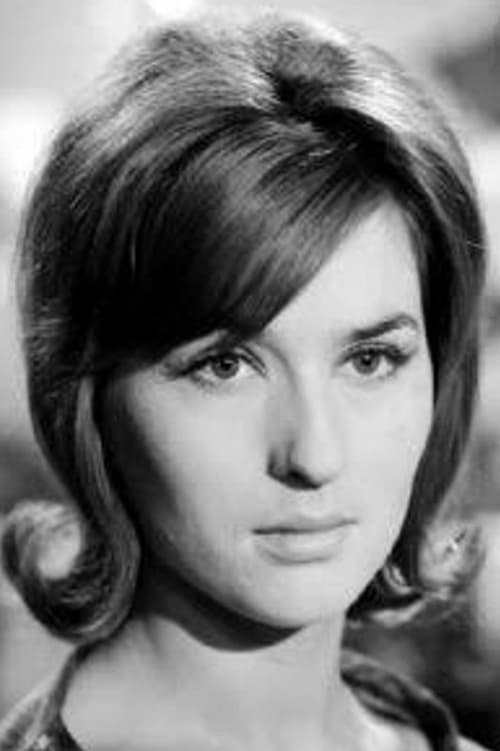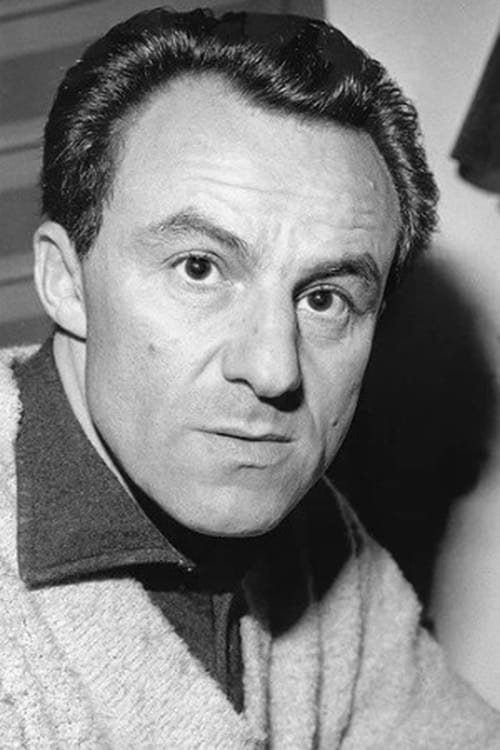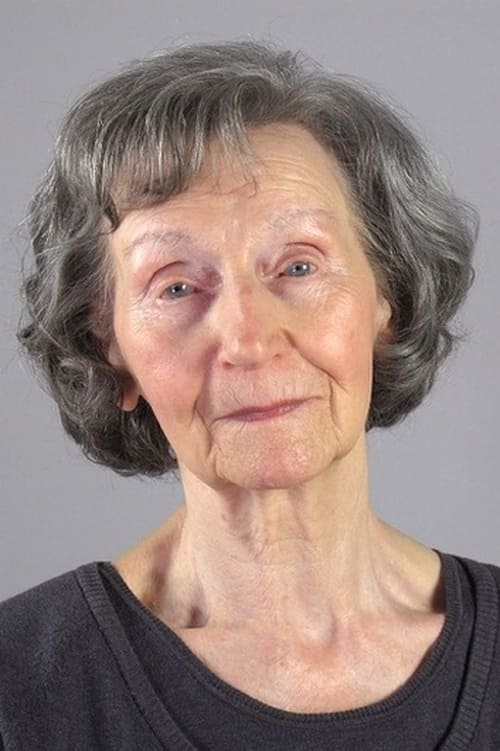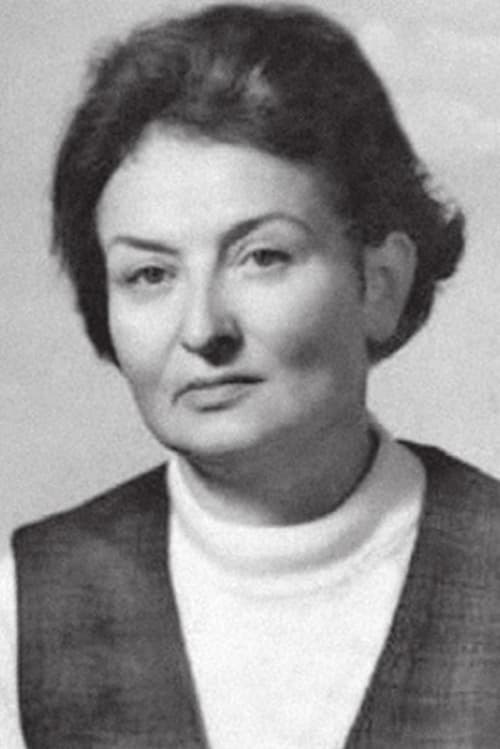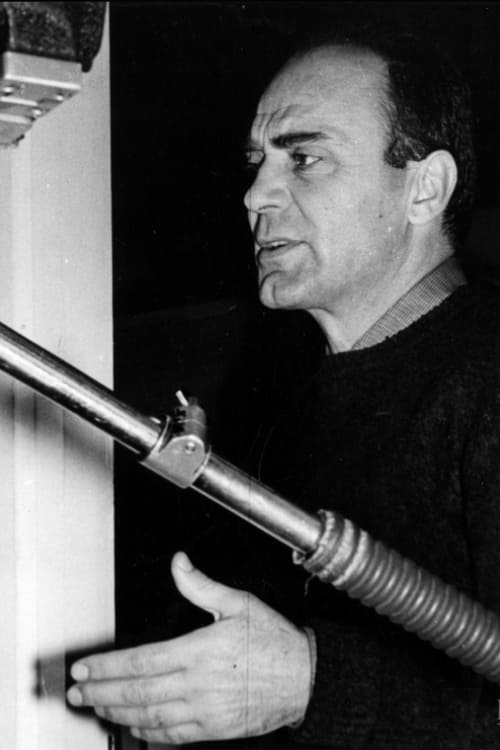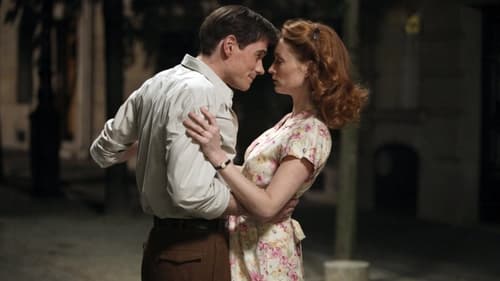Passenger (1963)
Jailer and prisoner… both haunted by the Holocaust
ジャンル : ドラマ, 戦争
上映時間 : 1時間 2分
演出 : Andrzej Munk, Witold Lesiewicz
脚本 : Andrzej Munk, Zofia Posmysz
シノプシス
A German woman on a ship returning to Europe notices a face of another woman which brings recollections from the past. She tells her husband that she had been an overseer in Auschwitz during the war, but she has actually saved a woman's life.

Natan tells the remarkable story of Bernard Natan, a Romanian immigrant who came to Paris in 1905 and was involved almost immediately with French cinema. He took control of the Pathe film group in the late 1920s and went on to produce epic films such as Les Miserables. But Natan has become largely written out of French film history for various different reasons. I will not go into details here as the story is an excellent one, suffice to say that his ethnicity and subsequent rumours plagued Natan almost from the start of his career. His ‘comeuppance’ for his alleged transgressions is at the heart of this devastating documentary.
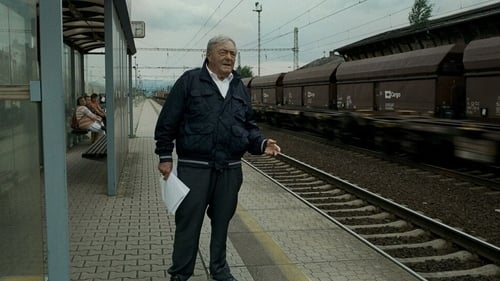
A place: Theresienstadt. A unique place of propaganda which Adolf Eichmann called the "model ghetto", designed to mislead the world and Jewish people regarding its real nature, to be the last step before the gas chamber. A man: Benjamin Murmelstein, last president of the Theresienstadt Jewish Council, a fallen hero condemned to exile, who was forced to negotiate day after day from 1938 until the end of the war with Eichmann, to whose trial Murmelstein wasn't even called to testify. Even though he was without a doubt the one who knew the Nazi executioner best. More than twenty-five years after Shoah, Claude Lanzmann's new film reveals a little-known yet fundamental aspect of the Holocaust, and sheds light on the origins of the "Final Solution" like never before.

Ever Again examines the sweeping resurgence of antisemitism in 21st century Europe and its connection to global terrorism.
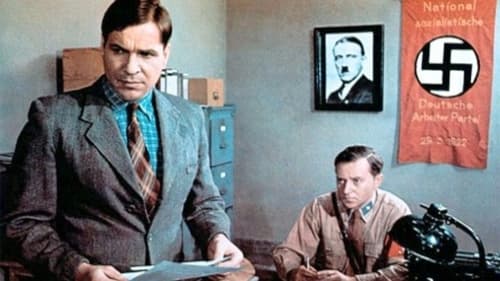
“Death is my Trade” centers on the life of Rudolph Höss, the commandant of Auschwitz II-Birkenau for the majority of its existence. The main character's name in the film is Franz Lang. This name change was deliberate to ensure that the character is not automatically viewed as being some sort of villain or demon. Franz is an average German kid growing up during World War I. The film follows Franz as he grows up and becomes a hard, efficient, organized worker who eventually joins the National Socialist party in Germany. Impressionable young Franz takes orders as one of the utmost points of honor and duty, so when he is eventually asked by Heinrich Himmler to become commandant of the largest extermination camp built during WWII he barely hesitates to consider how heavy such a burden will be.

A stunningly-crafted documentary that brings to life German-Jewish artist Charlotte Salomon in all her yearning for love and creative expression, her struggle to come to terms with her family history, and whose passion for beauty came face-to-face with the harsh reality of 1940s Europe. The title of this film comes from her remarkable 700-page painted life story in which she asks, “Where does life stop and art begin?” Director Franz Weisz masterfully weaves together interviews with people who knew her, family photographs, excerpts from a 1980 biopic, images of Charlotte’s vibrant paintings and a previously-unknown letter containing a shocking revelation.
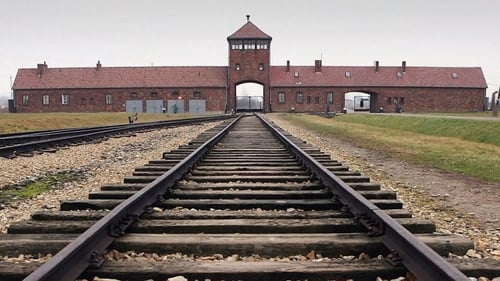
This documentary re-creates the momentous Frankfurt trial. Rolf Bickel and Dietrich Wagner build the film around taped testimony from more than 200 Auschwitz survivors. Twenty-two former members of Hitler's SS, many of whom had carved out comfortable lives for themselves in postwar West Germany, stood trial in 1963 before 360 witnesses who accused them of murdering millions.
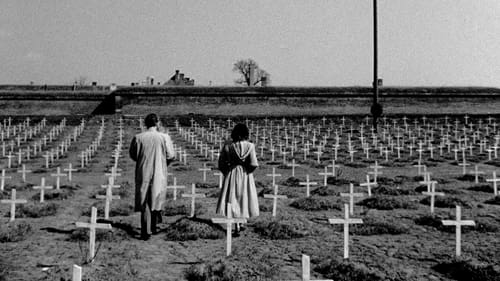
Prague, during World War II. Hana Kaufmann, a Jewish ophthalmologist, marries Dr. Antonín Bureš, a Christian man. When her family is sent to the Theresienstadt concentration camp, their romance turns into a struggle for survival.

Documentary that follows the lives of several Jewish refugees who fled to Shanghai during WWII.

The mass murder of Jewish people by the Nazi regime is chronicled, with a warning that anti-Semitism is on the rise and the events of the Holocaust could happen again. The history of European Jewish culture and events before and during the Holocaust are seen in newsreels, photographs, and animated segments. The words of the victims of the era are read, and footage from the liberation os a concentration camp is shown.
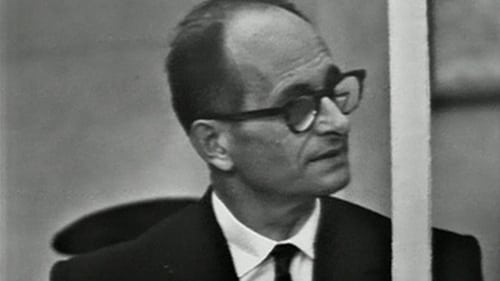
Composed exclusively of the footage recorded by Leo Hurwitz during the trial of Adolf Eichmann in Jerusalem in 1961, A Specialist is a courtroom drama painting the portait of a zealous bureaucrat who has immense respect for the Law and hierarchy, a police official responsible for the elimination of several million people, a modern criminal.
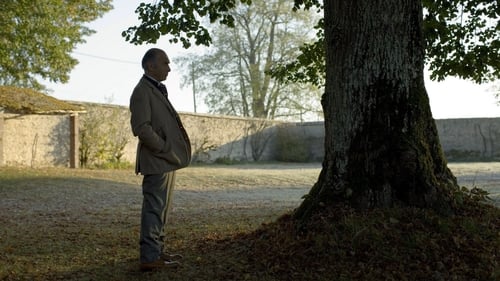
When Frédérick, the patriarch of the Alsatian Muller family, is conspicuously absent from his son Charles' funeral, Frédérick's surviving son and his granddaughter, raw from their loss, await an explanation. Once revealed, Frédérick's reasons and the painful secret Charles harbored for years threaten the foundations of the entire family.
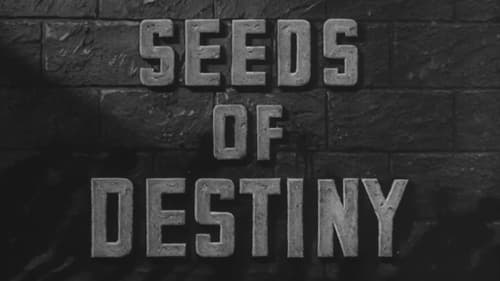
Oscar winning postwar propaganda film in support of the United Nations Relief and Rehabilitation Administration. Strident but poignant, focusing on children. The film surveys the Nazi/Japanese atrocities, post-war devastation and the early relief efforts. This film was responsible for raising over $200,000,000, making it a top moneymaking film.

Originally made with a German soundtrack for screening in occupied Germany and Austria, this film was the first documentary to show what the Allies found when they liberated the Nazi extermination camps: the survivors, the conditions, and the evidence of mass murder. The film includes accounts of the economic aspects of the camps' operation, the interrogation of captured camp personnel, and the enforced visits of the inhabitants of neighboring towns, who, along with the rest of their compatriots, are blamed for complicity in the Nazi crimes - one of the few such condemnations in the Allied war records.
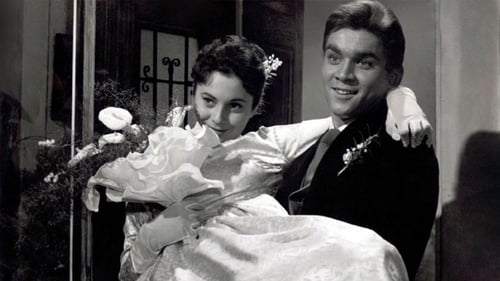
In order to save a friend's daughter, a 17-year-old Jewish girl, from the Ustashas, the Croatian family arranges her to be wed to their son Ivo.

A documentary about an orchestra comprised of female prisoners in Auschwitz.

Paula Tobias, a Holocaust survivor who has suffered the ultimate personal tragedy of losing her spouse and children during the Nazi occupation of World War II. Now re-married and living in America during the late 1960's with husband David, they build a new life together with sons Ben and Jake. One evening, Paula receives a phone call which assures her that her son, Alec, is actually alive and in New York. This brings up painful memories from the past for everyone involved, including Ben and Jake, who force their father to talk about the Holocaust. Paula rushes to New York only to find that it was a mistake - Alec was never found. She falls into a dramatic depression, as the family confronts their fears and tries to stay together.

Four young women joined the Resistance to fight Nazi oppression and brutality in occupied France. They were arrested and deported to Ravensbruck concentration camp, where they helped each other to survive. SISTERS IN RESISTANCE captures their recollections and the intense friendship that has survived with them.
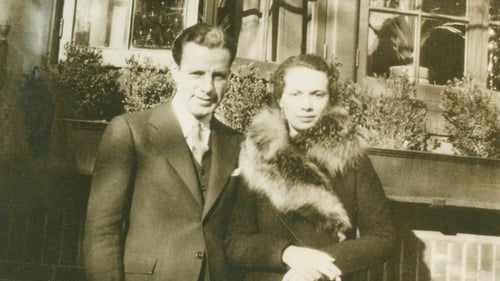
In the spring of 1939, Gilbert and Eleanor Kraus embarked on a risky and unlikely mission. Traveling into the heart of Nazi Germany, they rescued 50 Jewish children from Vienna and brought them to the United States.

This chilling, vitally important documentary was produced to mark the 40th anniversary of the liberation of Auschwitz Concentration Camp. The film contains unedited, previously unavailable film footage of Auschwitz shot by the Soviet military forces between January 27 and February 28, 1945 and includes an interview with Alexander Voronsov, the cameraman who shot the footage. The horrifying images include: survivors; camp visit by Soviet investigation commission; criminal experiments; forced laborers; evacuation of ill and weak prisoners with the aid of Russian and Polish volunteers; aerial photos of the IG Farben Works in Monowitz; and pictures of local people cleaning up the camp under Soviet supervision. - Written by National Center for Jewish Film


